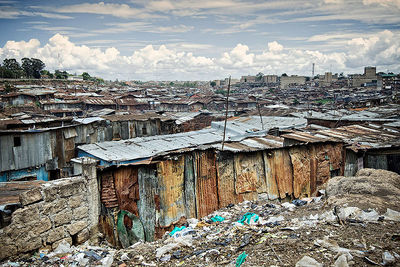Welcome to Citizendium
| The metadata subpage is missing. You can start it via filling in this form or by following the instructions that come up after clicking on the [show] link to the right. | |||
|---|---|---|---|
|
Related Articles
- Dog [r]: Domesticated canine often kept as a pet or as a working animal and known as 'man's best friend'. [e]
- Doggie [r]: Add brief definition or description
|rowspan=2 style="width:50%; border:1px solid #e9e9e9; border-color:rgba(0,0,0,0.05); margin:0; padding:0; background:#fafafa; background:rgba(255,255,255,0.6); vertical-align:top; -moz-border-radius:0 10px 10px; -webkit-border-radius:10px; -webkit-border-top-left-radius:0; -moz-background-clip:padding; -webkit-background-clip:padding;"|
Some of our finest
Citable Articles (146) |
|
Featured Article: PovertyPoverty is deprivation based on lack of material resources. The concept is value-based and political. Hence its definition, causes and remedies (and the possibility of remedies) are highly contentious.[1] The word poverty may also be used figuratively to indicate a lack, instead of material goods or money, of any kind of quality, as in a poverty of imagination. DefinitionsPrimary and secondary povertyThe use of the terms primary and secondary poverty dates back to Seebohm Rowntree, who conducted the second British survey to calculate the extent of poverty. This was carried out in York and was published in 1899. He defined primary poverty as having insufficient income to “obtain the minimum necessaries for the maintenance of merely physical efficiency”. In secondary poverty, the income “would be sufficient for the maintenance of merely physical efficiency were it not that some portion of it is absorbed by some other expenditure.” Even with these rigorous criteria he found that 9.9% of the population was in primary poverty and a further 17.9% in secondary.[2] Absolute and comparative povertyMore recent definitions tend to use the terms absolute and comparative poverty. Absolute is in line with Rowntree's primary poverty, but comparative poverty is usually expressed in terms of ability to play a part in the society in which a person lives. Comparative poverty will thus vary from one country to another.[3] The difficulty of definition is illustrated by the fact that a recession can actually reduce "poverty". Causes of povertyThe causes of poverty most often considered are:
As noted above, most of these, or the extent to which they can be, or should be changed, are matters of heated controversy.
Footnotes
| |

